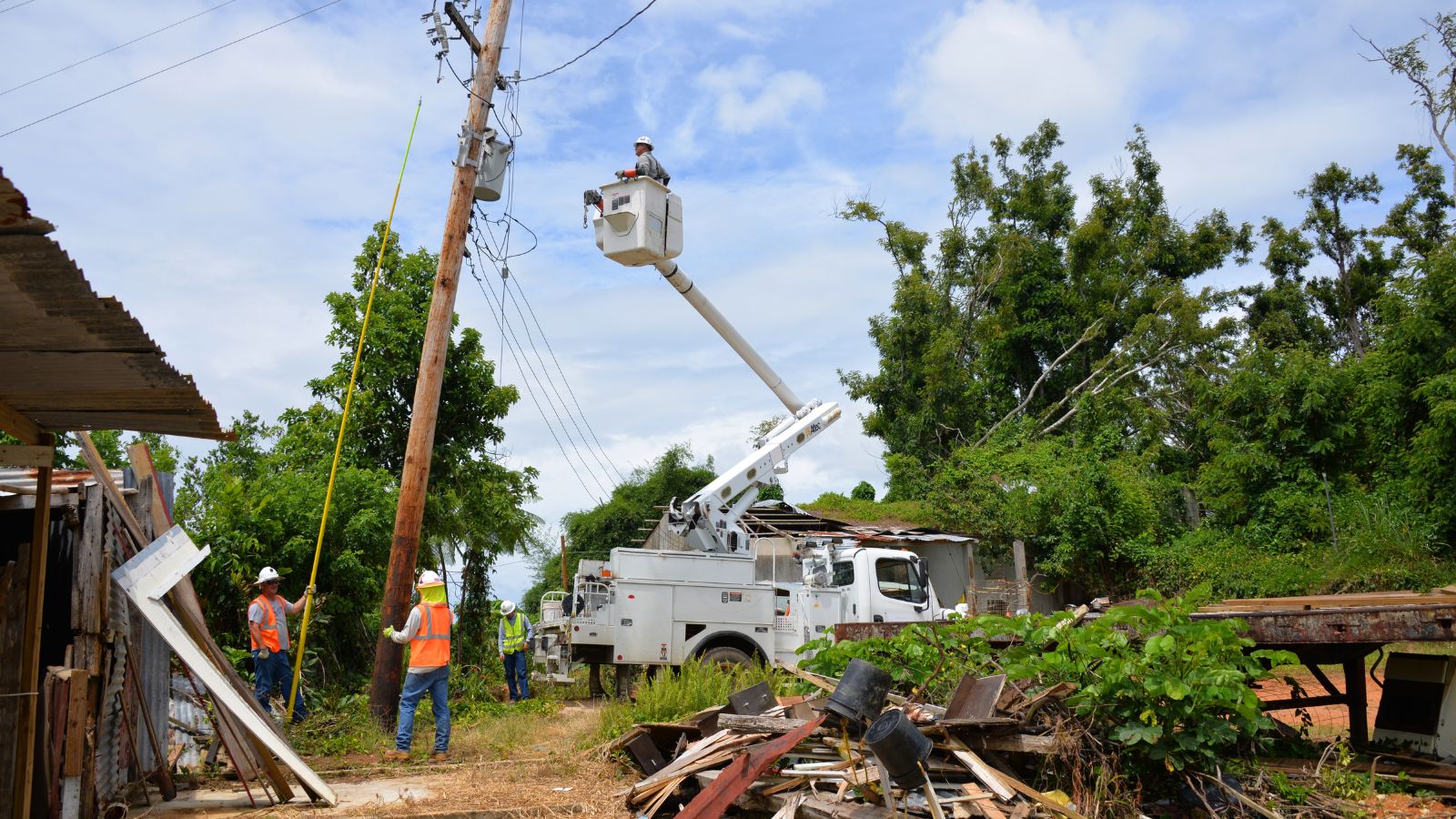In 2017, Hurricane Maria devastated Puerto Rico.
Rebuilding the island’s infrastructure and economy has been a long, slow, and frustrating process. And in the months and years after the storm, some residents decided to leave.
Rosalyn Negrón, an anthropologist at the University of Massachusetts, Boston, wanted to understand how this decision affected people’s lives and mental health.
She interviewed Puerto Ricans who resettled in cities on the mainland as well as those who remained on the island.
She says for some, leaving Puerto Rico provided them with greater economic security than they had back home.
“On the one hand, there are real material improvements in their life after having moved,” Negrón says. “And at the same time, there is this sense of loss.”
Many talked about the stress of starting their lives over from scratch — “and figuring out how to build community, build connection, particularly when there are language challenges at play,” Negrón says.
So her work underscores that there are no easy answers for people working to rebuild their lives after a disaster, and that whether people stay or go, they need resources and community support.
Reporting credit: Sarah Kennedy/ChavoBart Digital Media
Source link


